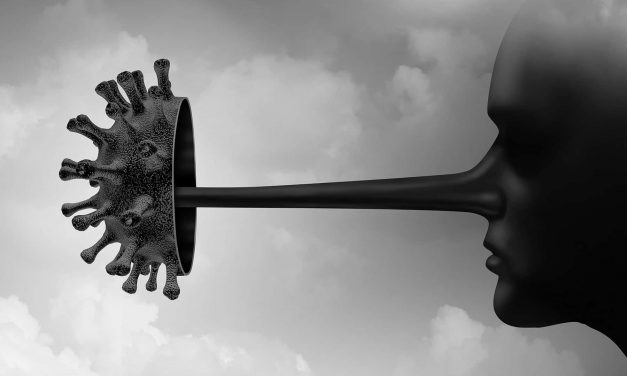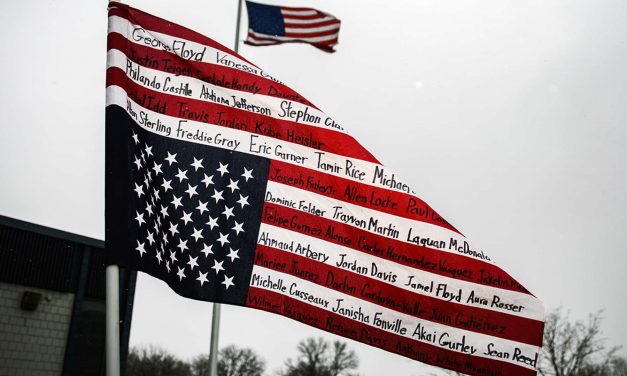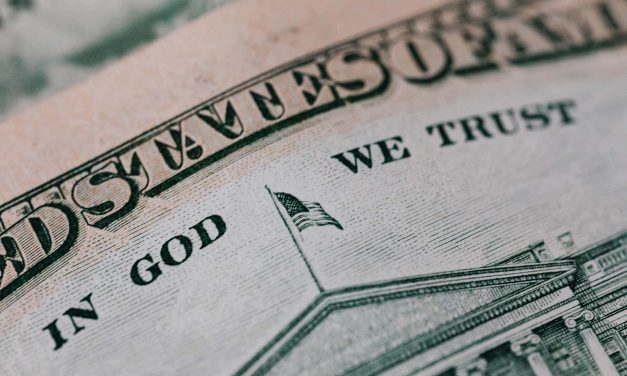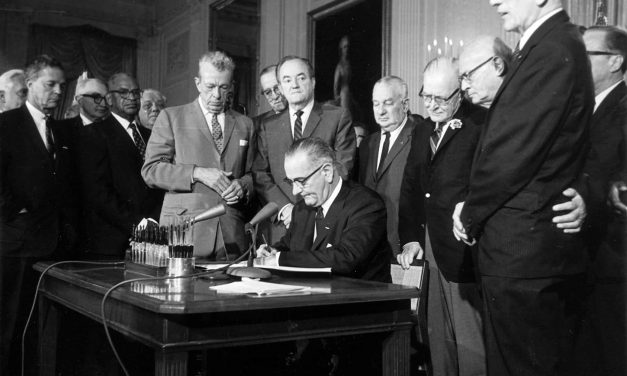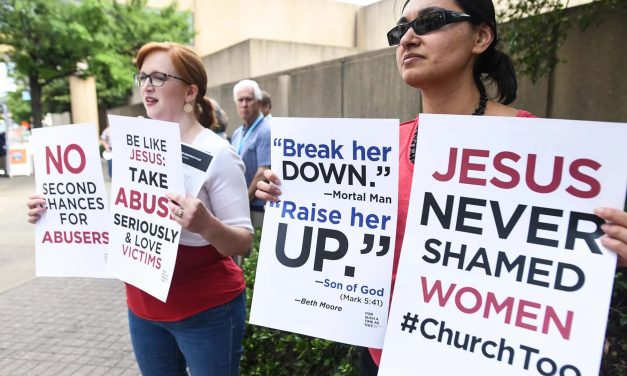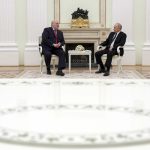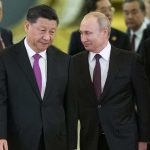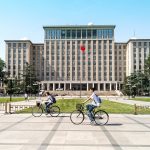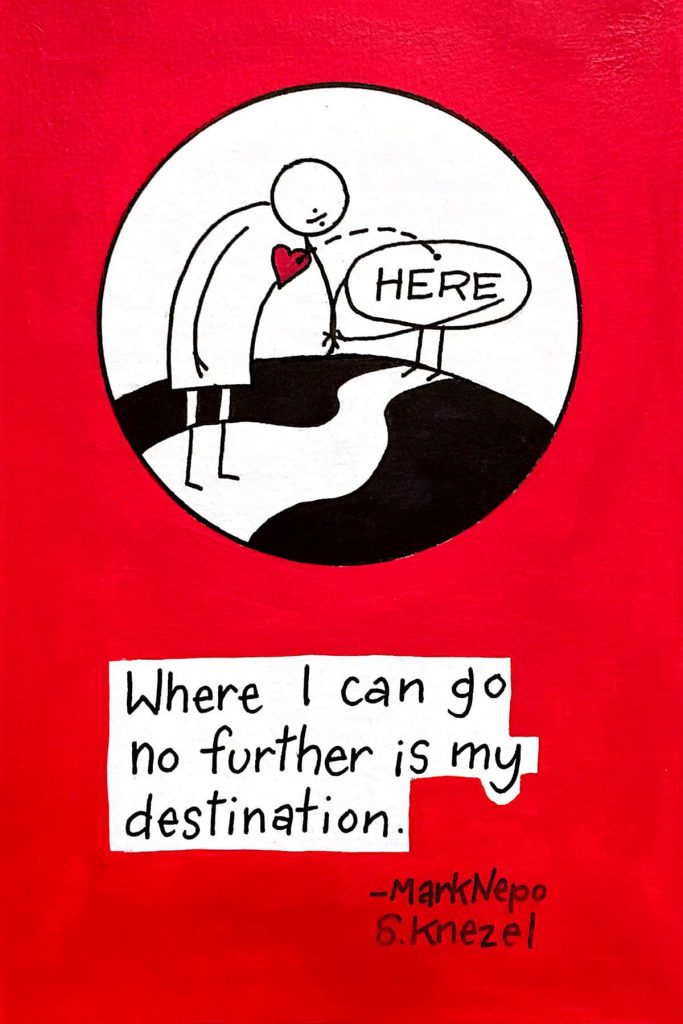Homeopathic remedies for the Infodemic: Ways to avoid becoming a misinformation superspreader
By H. Colleen Sinclair, Associate Professor of Social Psychology, Mississippi State University The problem of misinformation isn’t going away. Internet platforms like Facebook and Twitter have taken some steps to curb its spread and say they are working on doing more. But no method yet introduced has been completely successful at removing all misleading content from social media. The best defense, then, is self-defense. Misleading or outright false information – broadly called “misinformation” – can come from websites pretending to be news outlets, political propaganda or “pseudo-profound” reports that seem meaningful but are not. Disinformation is a type of...
Read More
